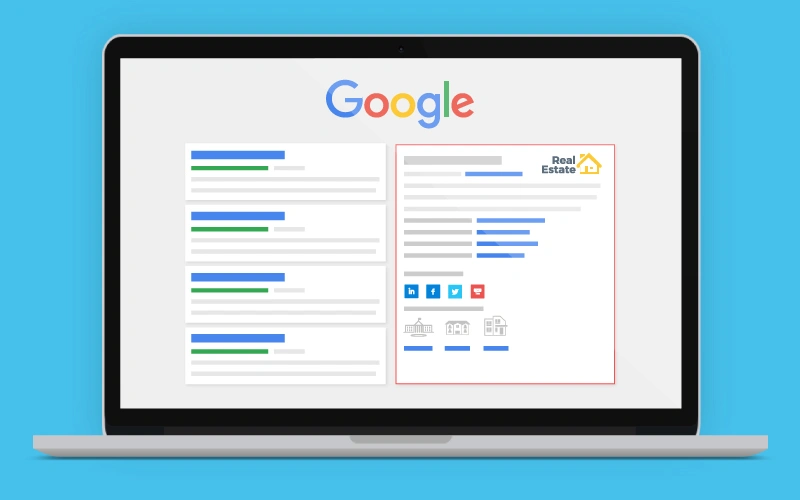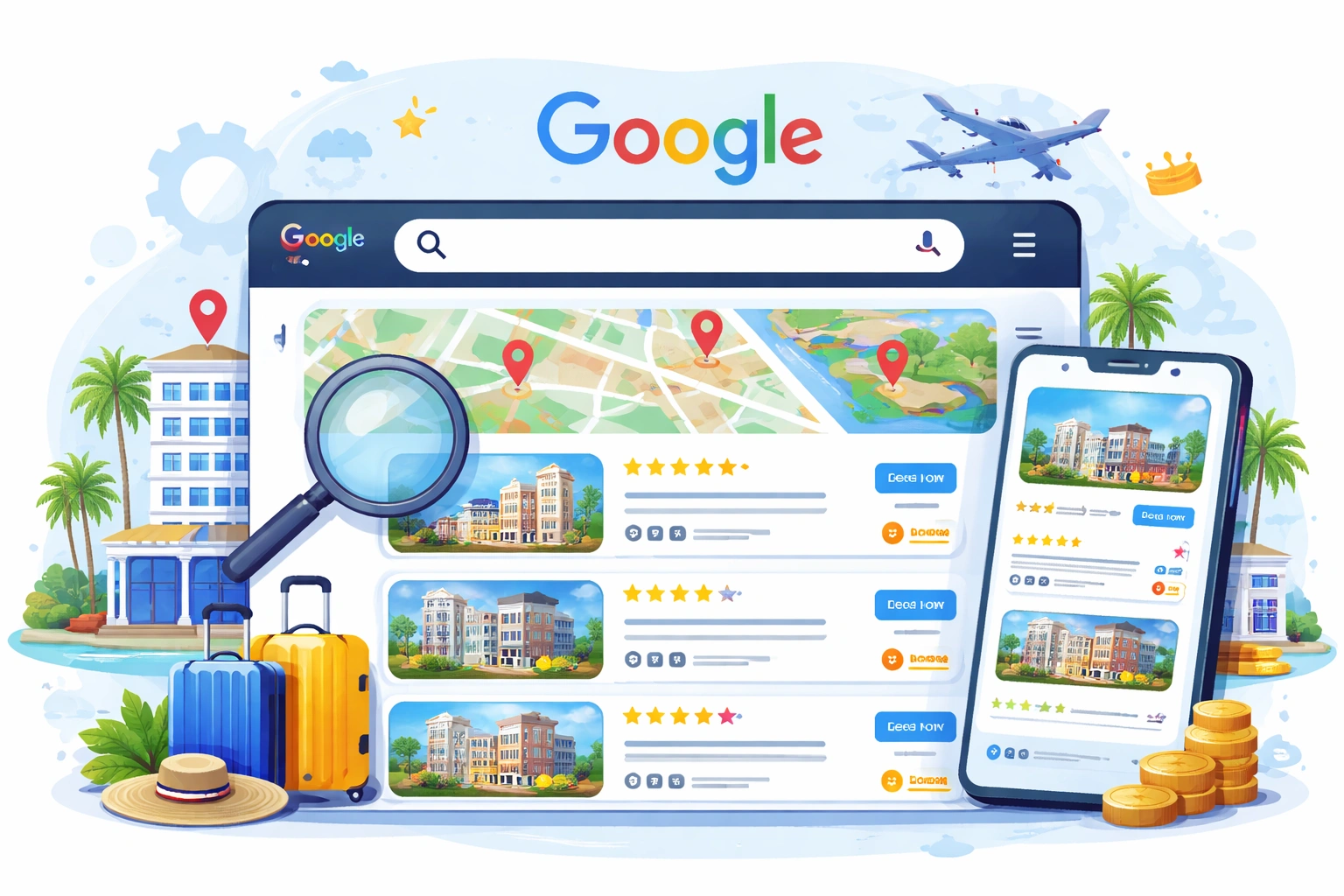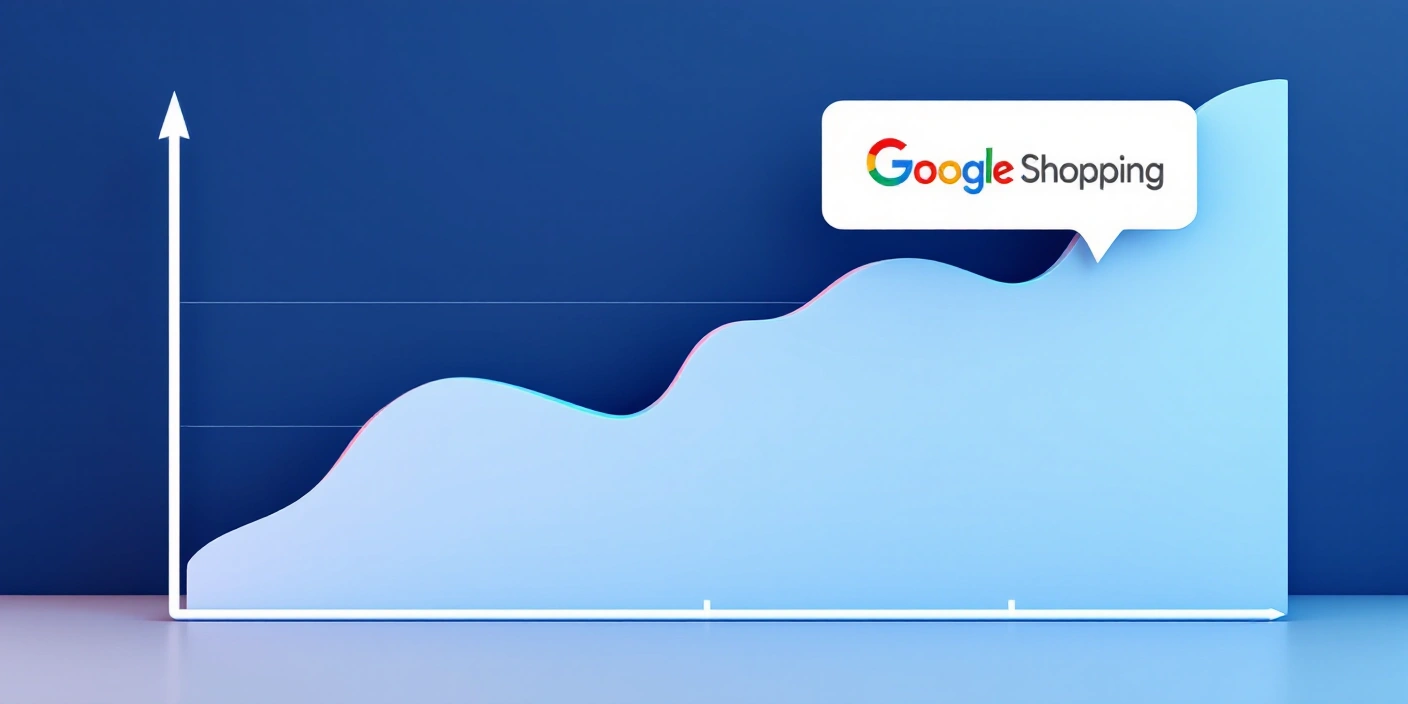How to Get a Google Knowledge Panel

A business can have a top-ranking website, a flawless customer service record, and a strong social media following, but nothing signals trust and authority quite like a Google Knowledge Panel. This prominent information box, which appears on the right side of the search results for an entity (a brand, a person, or a company), is a powerful visual cue that tells a user, "This is the real deal." It is a curated summary of a business, a brand, or an individual that Google has officially recognised as a public entity. For any business serious about building brand equity and a dominant online presence, mastering the Knowledge Panel is a strategic imperative.
This article will break down what a Google Knowledge Panel is, why it is the ultimate symbol of digital authority, and provide a comprehensive, step-by-step guide to building the foundational web of data required to earn one. We’ll show you how to move your brand from an anonymous website to a recognised entity in the eyes of the world's most powerful search engine.
Ready to build a brand that Google recognises as an authority? Contact Appear Online today for a free website audit to get a strategic blueprint for your brand's digital presence.
.webp)
What is a Google Knowledge Panel?
A Google Knowledge Panel is not the same as a Google Business Profile, and this is a key distinction.
- Google Business Profile (GBP): This is for businesses with a physical location or a local service area. It is a tool for managing your listing in Google Maps and the Local Pack. The information in a GBP is provided and managed directly by the business owner.
- Google Knowledge Panel: This is for a public entity - a person, a company, an organisation, or a creative work - that has been recognised by Google's Knowledge Graph. The information in a Knowledge Panel is pulled from a vast range of authoritative sources across the web. While you can suggest edits to the panel, you do not directly control the content.
The fundamental difference is that a Knowledge Panel represents a brand or person that Google deems "notable" or "authoritative" enough to have its own public record.
Why a Knowledge Panel is a Powerful Asset
A Knowledge Panel is far more than a simple information box. It provides a significant strategic advantage that a business cannot buy.
- Instant Authority and Trust: The mere presence of a Knowledge Panel is an immediate visual signal of authority. It tells a user that this brand is well-established, credible, and recognised by Google, building trust at a subconscious level.
- Increased Visibility and Click-Through Rate: A Knowledge Panel dominates the search results page, pushing all other content down. This increased screen real estate leads to a higher click-through rate, even for users who do not click on the panel itself.
- Enhanced SEO and Brand Reputation: While a Knowledge Panel does not directly impact your organic search rankings, it has a powerful indirect effect. It enhances your brand's reputation and its presence on a search results page, leading to more brand searches and higher engagement, which are positive signals to Google.
- Control of Your Narrative: While you cannot directly control your panel, you can influence the information it displays by creating consistent, high-quality, and accurate data across your own digital properties and authoritative third-party sites. This allows you to shape the narrative that Google presents to your audience.
.webp)
The Strategic Blueprint: How to Earn a Knowledge Panel
Google does not just hand out Knowledge Panels. You must earn one by building a foundational web of information that convinces Google you are a notable public entity. This is a long-term strategy built on consistency and authority.
Step 1: Understand Google's "Entity" Concept
Google’s Knowledge Graph is a sophisticated database of entities and their relationships. To get a Knowledge Panel, you must first prove to Google that you are a unique, verifiable entity. This is achieved by creating consistent, structured data across the web.
Step 2: Build a Foundational Web of Data
Your digital footprint is the raw material for your Knowledge Panel. The more consistent and authoritative this data is, the more likely Google is to create a panel for you.
- Your Website: This is your home base. Use Schema Markup on your website to provide Google with clear, machine-readable information about your company. Include your business name, official website, social media profiles, and an "About Us" page with a clear, consistent bio.
- Wikipedia and Wikidata: For individuals and notable companies, a Wikipedia page is a powerful signal of notability. For all businesses, a Wikidata entry is a crucial step. Wikidata is a free, collaborative knowledge base that provides structured data to Google’s Knowledge Graph.
- Social Media: Create a consistent profile on all major social media platforms, including LinkedIn, Facebook, and X (formerly Twitter). Use the same profile picture, business name, and bio across all platforms.
Step 3: Gain Authority Through Mentions and Citations
Google does not trust a business to describe itself. It trusts what other reputable sources say about that business.
- Earn Mentions in Authoritative Publications: Get your brand mentioned in high-quality publications, industry news sites, and reputable blogs. These mentions act as a third-party endorsement of your notability.
- Build a Strong Link Profile: A strong link profile from other trusted websites signals to Google that your brand is a credible, well-regarded entity.
- Secure Public Records and Citations: Ensure your business is listed on public record sites, such as Companies House in the UK, and in reputable local business directories.
Step 4: Claim and Update Your Panel
Once Google has built a Knowledge Panel for your brand, you can claim it and suggest edits.
- Claim Your Panel: The "Claim this knowledge panel" option will appear at the bottom of the panel. You can claim it by logging in with a verified social media profile or an email address associated with your brand.
- Suggest Edits: You can suggest edits to the information in the panel. While Google will not accept all suggestions, it will often incorporate changes that are backed by consistent, authoritative data on the web.
.webp)
Common Misconceptions and Challenges
- You Can't Force a Panel to Appear: You can’t just fill out a form to get a Knowledge Panel. It must be earned through a long-term, strategic effort to build a foundation of structured data and authority.
- It's Not a One-Time Project: Building and maintaining a Knowledge Panel is an ongoing process. You must continuously create new content, earn new mentions, and update your information across the web to ensure your panel remains accurate and up-to-date.
- Not All Businesses Will Get One: A local coffee shop will likely get a Google Business Profile but will probably never get a Knowledge Panel unless it becomes a notable, public brand. The key is to understand the difference and to focus on the right goal for your business.
Conclusion: The Ultimate Seal of Authority
A Google Knowledge Panel is the ultimate digital seal of authority. It is a powerful, visual signal that transforms your business from a passive website into a recognised, credible, and trustworthy entity in the eyes of your audience. By taking a strategic, long-term approach to building a strong digital footprint and a reputation of notability, you can earn this coveted piece of digital real estate, building a brand that is not just found but is chosen and trusted by consumers.
.avif)








